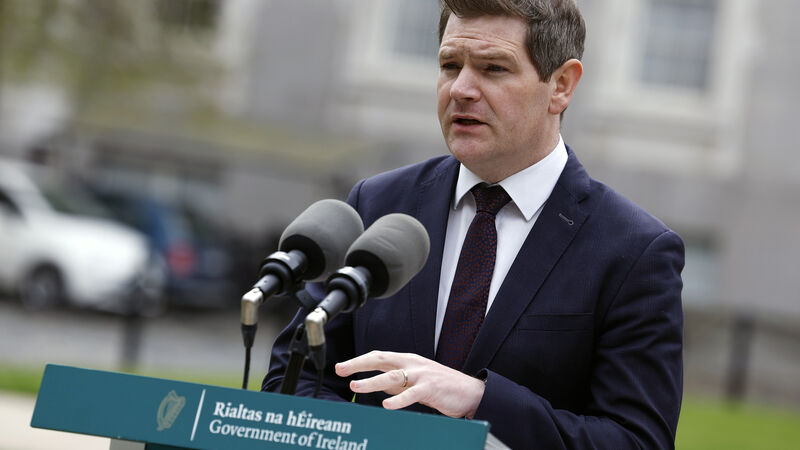Government to delay introduction of living wage until 2029

Enterprise, tourism and employment minister Peter Burke. Picture: Conor Ó Mearáin/Collins
The Government is delaying the introduction of a living wage by three years, with the measure now due to be implemented by 2029.
Enterprise minister Peter Burke confirmed the delay on Tuesday, with the timeframe when the living wage was due to be introduced falling back from 2026.














